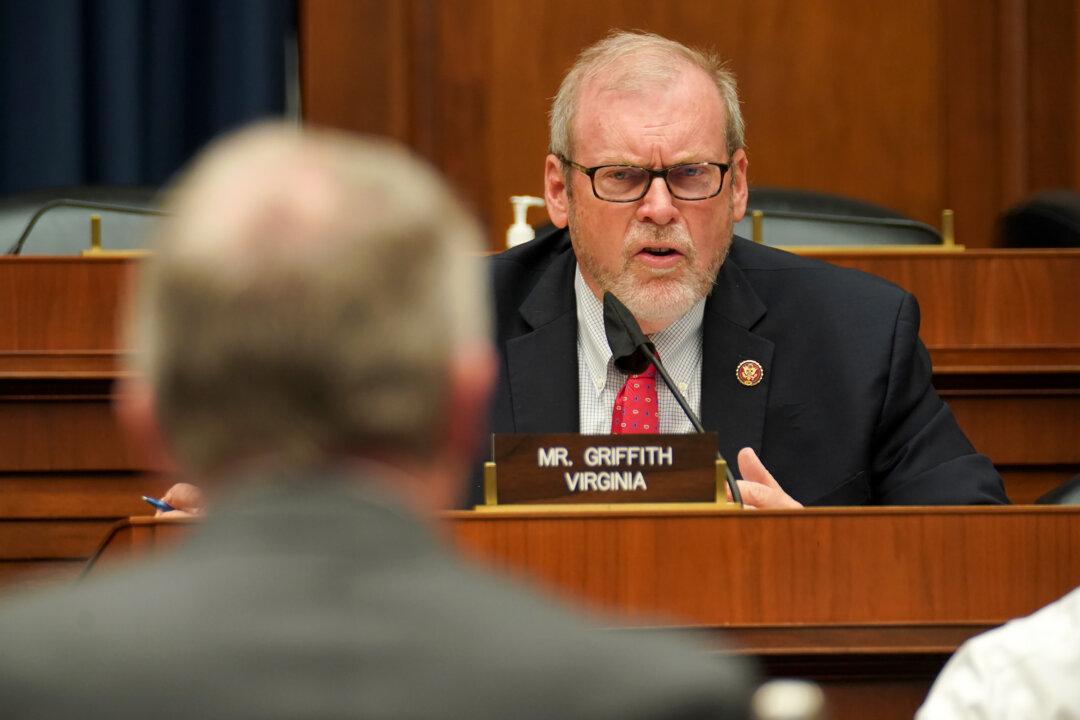House Speaker Kevin McCarthy (R-Calif.) has the upper hand in negotiations with President Joe Biden on raising the debt ceiling and cutting federal spending, according to former House Speaker Newt Gingrich.
Gingrich said that the House’s passage of the Limit, Save, Grow Act on April 26 was a key moment in breaking the stalemate Biden and McCarthy.





